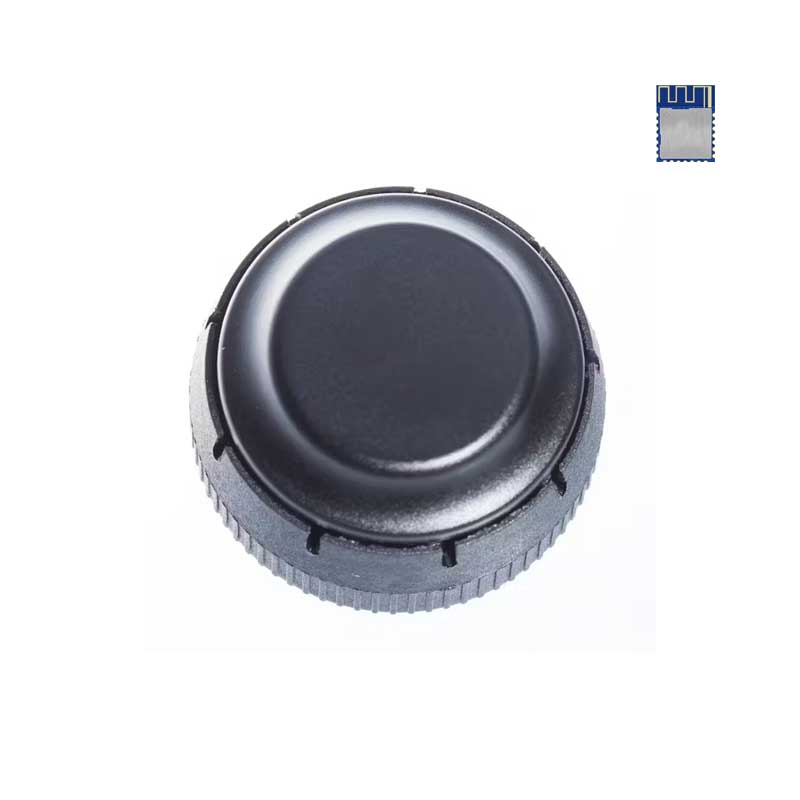
Bluetooth Modules are playing an increasingly important role in the deployment of Electronic Logging Devices (ELDs) for fleet management and compliance. As the demand for efficient and reliable ELD solutions grows, Bluetooth technology offers a seamless and cost-effective way to connect vehicles and drivers with fleet management systems. This article explores the role of Bluetooth Modules in ELD applications, their benefits, and how they can be effectively deployed.
The Role of Bluetooth Modules in ELD Systems
Bluetooth Modules serve as the backbone of modern ELD systems, enabling wireless communication between the vehicle’s diagnostic port and the driver’s mobile device or tablet. These modules facilitate the transfer of critical engine data required for compliance with regulations such as the Federal Motor Carrier Safety Administration (FMCSA) rules in the United States. By leveraging Bluetooth Low Energy (BLE) technology, these modules provide a low-power, high-efficiency solution for real-time data transmission.
Key Features and Benefits of Bluetooth ELD Solutions
- Plug-and-Play Installation: Bluetooth ELD devices like BlueLink are designed for easy installation. They can be plugged into the vehicle’s ECM port using standard connectors such as J1708, J1939, or OBDII. This simplicity reduces installation time and costs.
- Real-Time Data Transmission: Bluetooth Modules enable the continuous transmission of engine diagnostics data, including odometer readings, engine hours, and ON/OFF status. This data is sent via BLE to the driver’s mobile device, ensuring compliance with ELD regulations.
- Enhanced Fleet Management: Beyond compliance, Bluetooth ELD systems offer additional benefits such as fuel level monitoring, fuel consumption tracking, and periodic engine diagnostic codes. These insights help fleet managers optimize operations and reduce costs.
- Low Power Consumption: BLE technology ensures that the ELD device consumes minimal power, extending the life of the vehicle’s battery and reducing the need for frequent recharging.
Deployment Considerations
Choosing the Right Bluetooth Module
When selecting a Bluetooth Module for ELD applications, consider the following:
- Compatibility: Ensure the module supports the required Jbus protocols (e.g., CANbus J1939, OBDII) and operates within the 2.4GHz BLE frequency band.
- Range and Reliability: Opt for modules with proven performance in industrial environments, offering reliable connections over the required range.
- Certification: Choose modules that are certified for use in ELD systems, ensuring compliance with relevant regulations and standards.
Installation and Configuration
- Vehicle Integration: Connect the Bluetooth Module to the vehicle’s diagnostic port using the appropriate harness. Ensure the connection is secure and free from interference.
- Device Pairing: Pair the Bluetooth Module with the driver’s mobile device or tablet. This process is typically straightforward, involving a few simple steps through the device’s Bluetooth settings.
- Software Setup: Install and configure the ELD application on the driver’s device. This software will interface with the Bluetooth Module to receive and process engine data.
Case Study: BlueLink ELD Deployment
BlueLink is a prime example of a successful Bluetooth ELD solution. This device plugs into the vehicle’s ECM port and sends engine diagnostics data via BLE to the DriverLog Logbook app. It supports multiple Jbus protocols and offers instant link-up with any tablet or smartphone. The BlueLink system also sends periodic engine diagnostic codes to the fleet management server, providing valuable insights for operational optimization.
Conclusion
Bluetooth Modules are revolutionizing ELD applications by offering a reliable, low-power, and cost-effective solution for fleet management and compliance. By leveraging BLE technology, these modules enable seamless data transmission between vehicles and fleet management systems, enhancing operational efficiency and regulatory compliance. As the demand for ELD solutions continues to grow, Bluetooth Modules will remain a cornerstone of modern fleet management systems.


